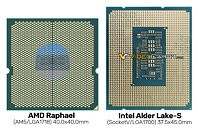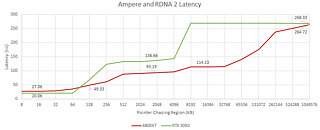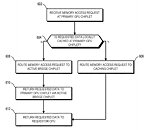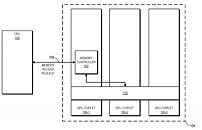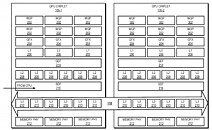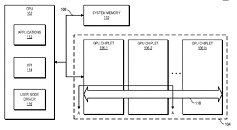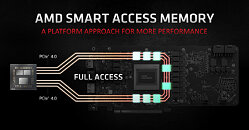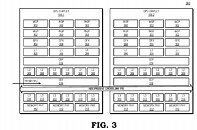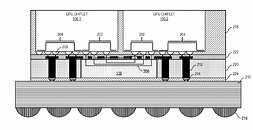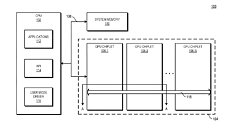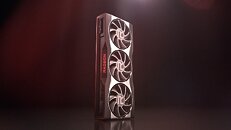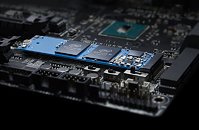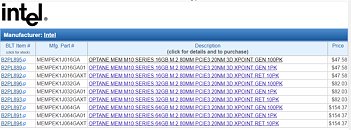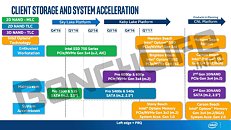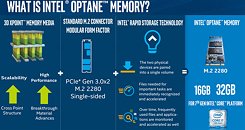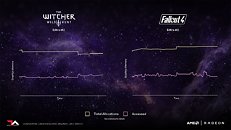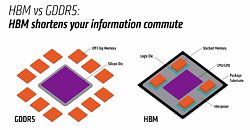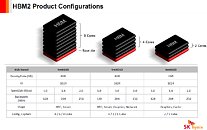
TEAMGROUP Announces the 8TB MP34Q M.2 PCIe SSD and High Endurance Surveillance System Memory Card
To meet the market demand for large-capacity data storage, TEAMGROUP today announced two high-performance, huge-capacity storage products: the TEAMGROUP MP34Q M.2 PCIe SSD, which utilizes QLC Flash and the PCIe Gen3x4 interface and comes with capacities up to 8 TB; and the HIGH ENDURANCE CARD designed for high-resolution surveillance systems. Whether it is for computer equipment or security systems used at home or a business, TEAMGROUP provides reliable upgrade solutions for those who seek the best performance and stability.
Today the company announced the TEAMGROUP MP34Q M.2 PCIe SSD, which utilizes QLC Flash and the PCIe Gen3x4 interface. It also supports NVMe 1.3 and the Dual Cache technologies: SLC Caching and DRAM Cache Buffer. The MP34Q M.2 PCIe SSD offers a massive capacity of up to 8 TB, excellent read/write speeds of up to 3,400/3,000 MB/s, and an official five-year warranty with purchase, so consumers can buy and upgrade with confidence.
Today the company announced the TEAMGROUP MP34Q M.2 PCIe SSD, which utilizes QLC Flash and the PCIe Gen3x4 interface. It also supports NVMe 1.3 and the Dual Cache technologies: SLC Caching and DRAM Cache Buffer. The MP34Q M.2 PCIe SSD offers a massive capacity of up to 8 TB, excellent read/write speeds of up to 3,400/3,000 MB/s, and an official five-year warranty with purchase, so consumers can buy and upgrade with confidence.




